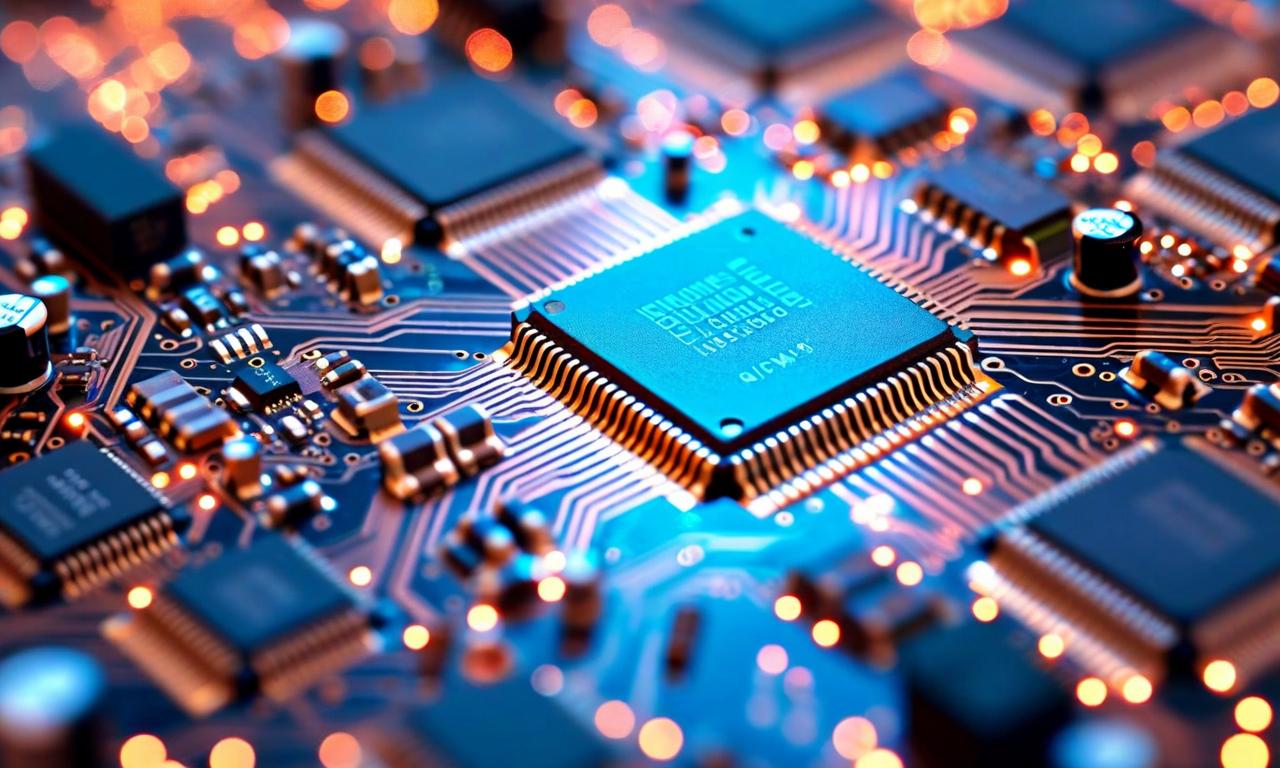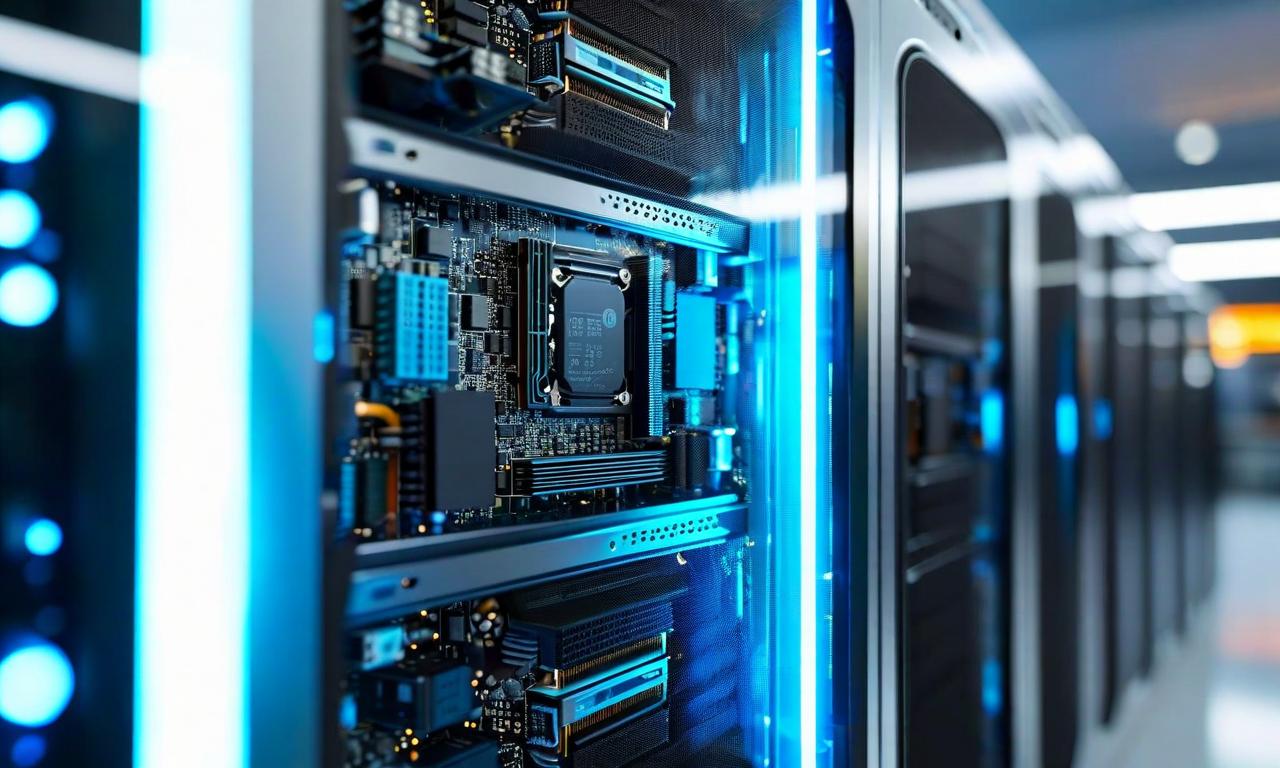Nvidia's AI Chip Dominance in China Erased by US Trade Restrictions
Nvidia CEO Jensen Huang revealed that the company's market share in China's advanced AI chip segment has dropped from 95% to 0% due to US trade restrictions. The restrictions have blocked sales of Nvidia's China-focused A800 and H800 chips. Nvidia now assumes zero revenue from China in its forecasts, with any future business considered a bonus. The Chinese government has directed domestic companies to avoid purchasing Nvidia chips and is focusing on fostering local AI chip innovation. This shift highlights the complex interplay between technology, trade policies, and geopolitics, potentially reshaping the global AI hardware landscape.

*this image is generated using AI for illustrative purposes only.
Nvidia, the leading AI chip manufacturer, has experienced a dramatic shift in its Chinese market presence due to stringent US trade restrictions, according to CEO Jensen Huang. The company's market share in China's advanced AI chip segment has plummeted from a near-monopoly to zero, marking a significant turning point in the global semiconductor landscape.
Market Share Collapse
Nvidia's CEO revealed a stark reality for the company's operations in China:
| Metric | Before Restrictions | After Restrictions |
|---|---|---|
| Market Share | 95.00% | 0.00% |
| Data Center Revenue from China | 20.00-25.00% | Assumed 0.00% |
The decline specifically affects Nvidia's China-focused A800 and H800 chips, which were blocked under updated US export rules implemented in 2023.
Strategic Shift and Government Directives
In response to these developments:
- Nvidia now assumes zero revenue from China in its forecasts.
- Any future business in China is considered a potential bonus.
- The Chinese government has directed domestic companies, including tech giants ByteDance and Alibaba, to avoid purchasing Nvidia chips.
- China is focusing on fostering domestic innovation in the AI chip sector.
Implications for Global AI Chip Market
This situation highlights the complex interplay between technology, trade policies, and geopolitics. As Nvidia adjusts its strategy, the vacuum in China's AI chip market may accelerate the development of domestic alternatives, potentially reshaping the global AI hardware landscape.
The repercussions of these trade restrictions extend beyond Nvidia, signaling a broader trend of technological decoupling between the US and China. This shift may have far-reaching consequences for global supply chains, innovation cycles, and the future of AI development worldwide.
As the situation continues to evolve, industry observers will be watching closely to see how both Nvidia and Chinese tech companies adapt to this new reality in the AI chip market.



























